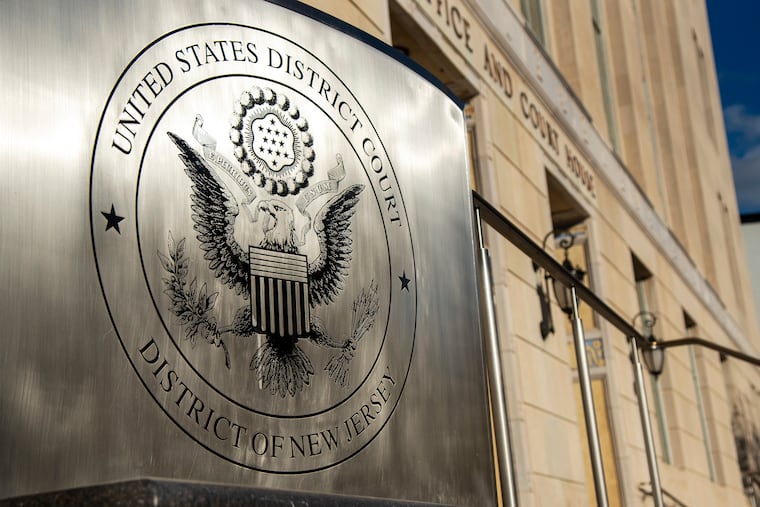Old City man stole $700K from New York companies in botched deal to buy medical gowns, feds say
Gauravjit Singh, 26, has been charged with one count of wire fraud, federal prosecutors said Wednesday.

An Old City man was charged Wednesday with stealing more than $700,000 from two New York City companies by falsely promising to sell them much-needed medical gowns from a factory in China, according to federal prosecutors.
Gauravjit Singh, 26, faces one count of wire fraud for the theft, acting U.S. Attorney Rachael A. Honig said. Singh was arraigned before U.S. Magistrate Judge James B. Clark III during a brief hearing in Newark on Wednesday afternoon.
Singh, through his company Mask Medical, allegedly bilked $712,500 from the companies by promising to broker a deal with a factory in Nanjing, China. But prosecutors say he fabricated brochures and other foreign trade documents to secure the six-figure deposit from his business partners without any ability to deliver the promised product.
Singh used the funds for personal expenses, including credit debts, travel, and a lavish, $1,700 dinner at a Thai restaurant in Florida, according to the affidavit of probable cause for his arrest.
Singh’s attorney, Matthew Weisberg, did not immediately reply to a request for comment.
Singh is a graduate of Drexel University and founded Dronecast, a drone-building start-up in Center City, according to his LinkedIn profile. He also does business in Florida and New Jersey, public records show, and he has an apartment on Delaware Avenue.
The investigation into Singh began in June, when federal authorities were contacted by the companies that hired him to secure the gowns. Those firms, Brooklyn-based Charber Consultants and Lightstone, also filed a civil lawsuit against him in federal court.
The companies were working with a medical-supply vendor for the City of New York that was contracted to supply the city with 1.5 million medical gowns as COVID-19 cases surged, and turned to them for assistance, according to prosecutors.
Executives from the companies contacted Singh in May. Over the next few weeks, the affidavit said, he provided the companies with videos and photos of the factory in China producing medical gowns, as well as documentation showing the gowns were certified by the Food and Drug Administration.
Satisfied, the group placed an order for the gowns, paying the agreed-upon 10% deposit to Singh. He promised the gowns would arrive days later, a deadline he failed to meet, blaming the factory. The delays continued, even as Singh promised the gowns were on their way, according to the arrest affidavit.
Finally, after being asked to refund the money, Singh provided information about a shipment of gowns en route to the United States, the document said. But the companies discovered that those gowns were entirely different products, and had been ordered by a separate company that had never done business with Singh, the affidavit said.